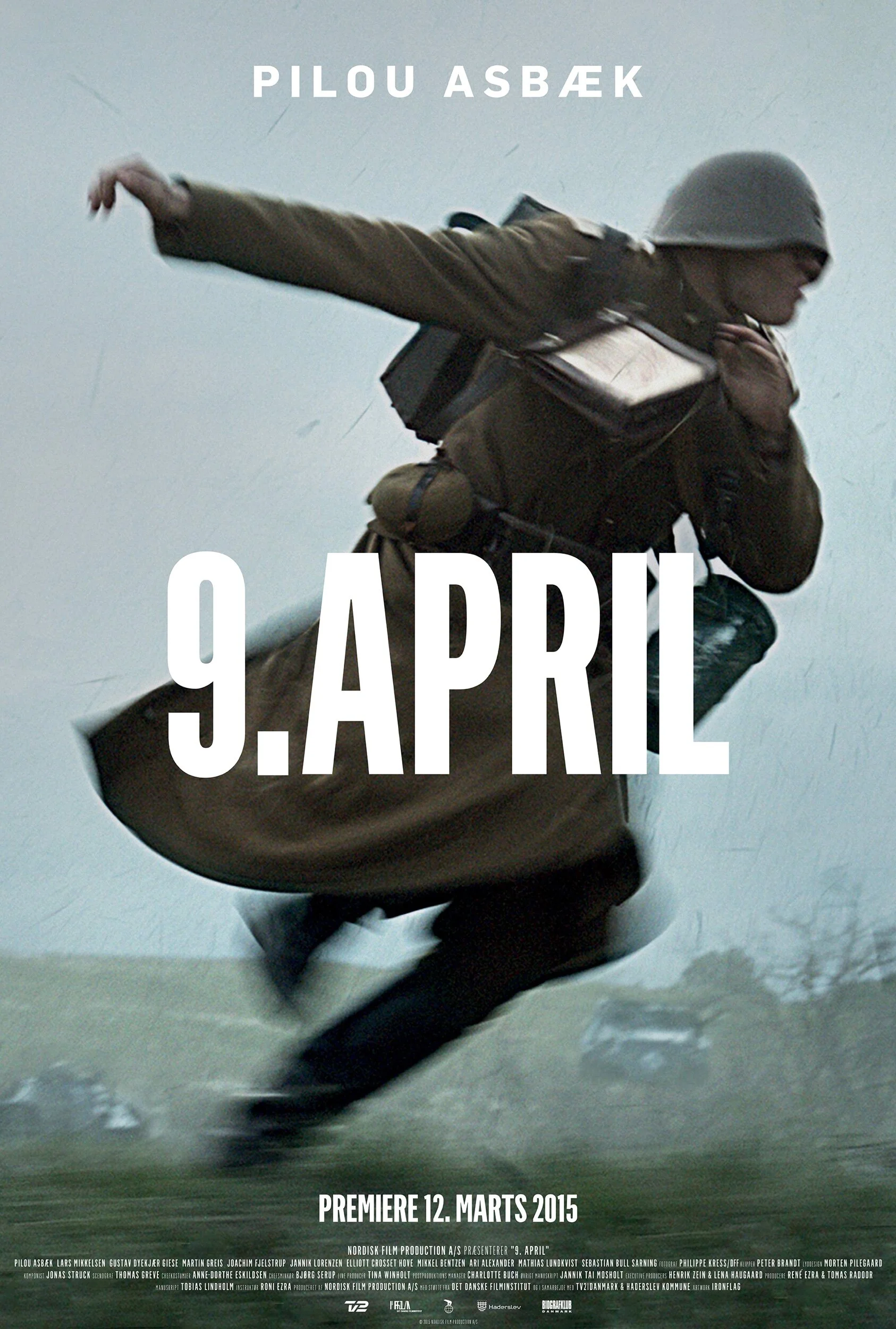9. April
/The men of LT. Sand’s bicycle platoon prepare to deploy in 9. April
A few days ago I had a chance to watch 9. April, a 2015 Danish war film starring Pilou Asbæk, (of Overlord, which I’ve seen and enjoyed, and Game of Thrones, which I have not). I’ve wanted to see this film since I first watched a trailer for it some years ago, when it first came out, and I finally watched it thanks to Amazon Prime.
April 9, 1940 is the day Nazi Germany, flush with victory in Poland the previous fall and undeterred by the declarations of war of Britain and France, who had done almost nothing to stop German aggression, invaded both Denmark and Norway. While the fighting in Norway lasted well into the summer, beyond even the fall of France and the evacuations from Dunkirk, Denmark capitulated in less than a day.
9. April begins the day before, and tells the story of a platoon of bicycle infantry led by 2nd Lt. Sand (Asbæk). Sand’s men have been called up and placed on standby as Danish intelligence has gathered evidence of a German buildup on the border. Sand arrives as his men engage in target practice, and he has them repeatedly run through tire-changing drills for their bicycles. The men are so-so. Sand only barely conceals his lack of confidence.
Recalled to the barracks, the men are given the ominous order to sleep in their field uniforms and boots and to have their gear ready. The officers, gathered in grim conclave, exchange what little information they have and debate German intentions before retiring to the barracks, where they break up fights and smoke since no one can sleep. Sure enough, the word comes during the night that the Germans have crossed the border. Sand’s men mount up and head toward the invaders.
The rest of 9. April plays out over the single day of resistance, as Sand’s light bicycle infantry try to slow the onslaught of the Germans, who attack with truckloads of infantry, armored cars, and tanks, and whose air force fills the sky with fighters and bombers. Sand watches his platoon dwindle to six, including himself, and struggles with the tension between giving up and saving his men’s lives or withstanding the enemy at all costs. Asbæk’s subtle, soft-spoken performance is excellent, and one feels the weight of the decisions that come to rest upon him well before the film’s conclusion.
The film does a good job of bringing the viewer into a small unit battle, and allowing the viewer to feel—rather than laboriously explaining—the logic of each ambush, retreat, and attempt at regrouping to fight again. The realistic, grounded action increases in tension scene by scene. By the end I genuinely felt fear for the characters. The moody cinematography makes the misty, rolling landscapes of Jutland feel palpably cool and almost medieval in their desolation, and capably captures the shock and brutality of battle without descending into visual chaos.
And the film, without speechifying or bombast, offers a profound meditation on leadership under pressure in the person of Sand, who must both learn to lead once his platoon has lost contact with the chain of command as well as instruct his men in both leading and following, roles for which they may not be prepared. It’s subtly done and excellently presented.
Finally, 9. April portrays the agony of defeat better than many much larger and longer epic war films I’ve seen. One understands why—despite acquitting themselves honorably, continuing to fight long after others have fled, and bowing only to overwhelming force—the defeated feel such humiliation. In this age of endless “winning,” of an obsession with success and with zero-sum scoring against enemies real and perceived, it is worth our while to reckon with defeat and its meaning.
To quote Richard Weaver,
It is good for everyone to ally himself at one time with the defeated and to look at the ‘progress’ of history through the eyes of those who were left behind.
If you’re looking for a fresh, unusual perspective on World War II, war in general, or the relationship between leaders and followers, or simply for a riveting story populated with interesting characters and that offers some genuine food for thought, check out 9. April.






